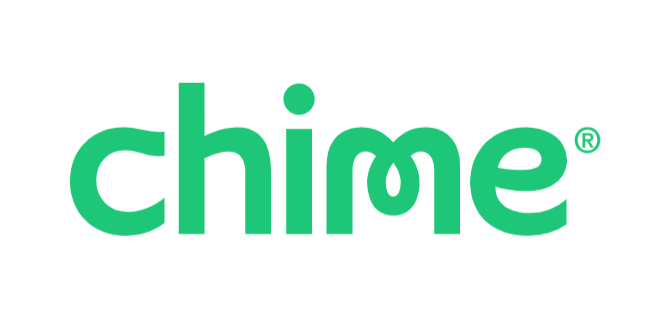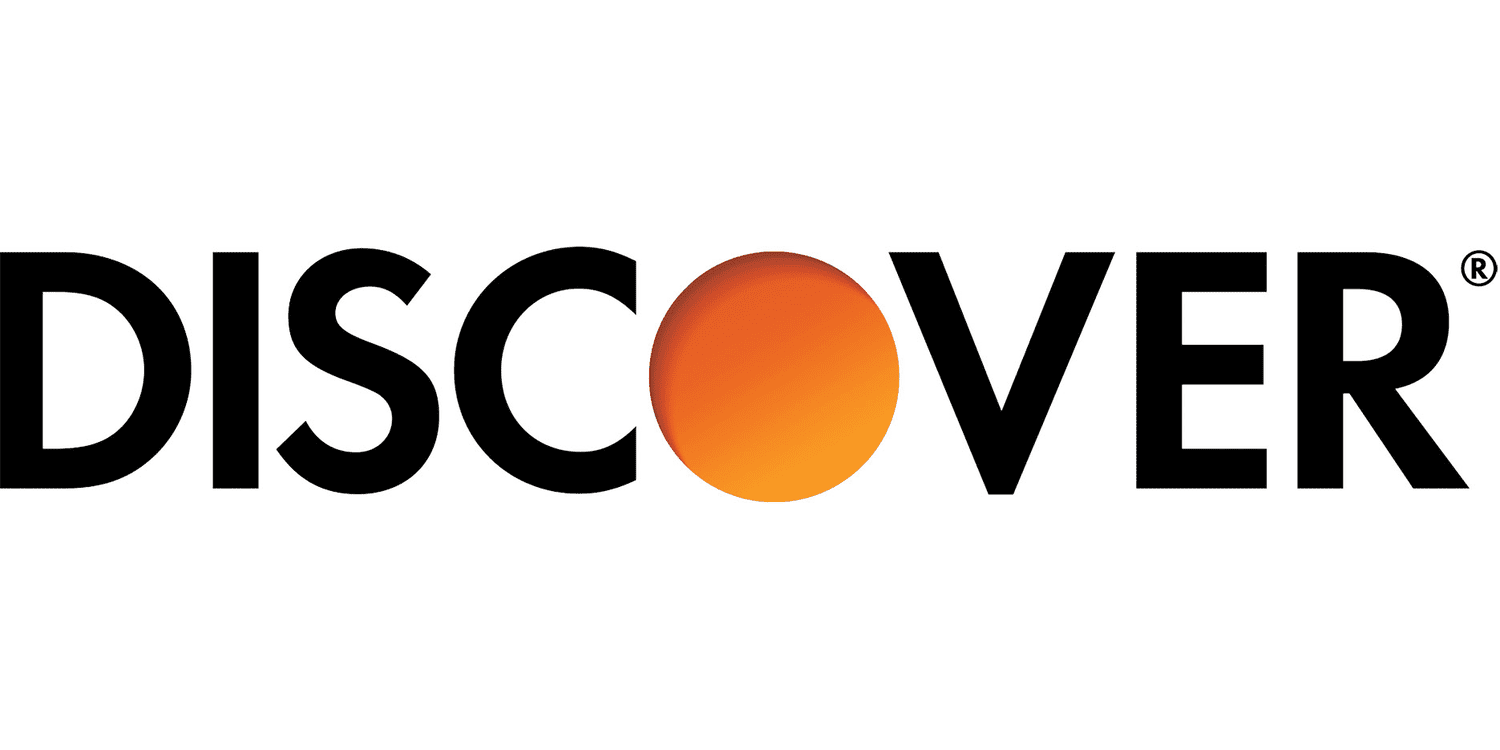Choosing the best personal bank in South Carolina can significantly impact your financial well-being. With a variety of banks offering unique benefits, South Carolina residents have access to personalized services, competitive interest rates, and user-friendly digital platforms.
Whether you’re looking for low fees, excellent customer service, or innovative banking solutions, South Carolina’s top banks are dedicated to meeting your individual needs.
This guide explores the best personal banks in the state, helping you make an informed decision to manage your finances effectively.
>> Apply for an Axos Account Today! >>
7 Best Personal Banks in South Carolina
- Axos – Best Personal South Carolina Banks Overall
- Chime – Best User-Friendly Interface
- SoFi – Best for Saving Accounts
- Bank of America – Best for Opening a Checking Account
- Upgrade – Best for Personal Loans
- U.S. Bank – Best Customer Service
- Discover – Best CD Rates
Axos – Best Personal South Carolina Banks Overall
South Carolina’s preferred bank, Axos Bank, excels with its digital-first banking approach. It offers a competitive APY on its high-yield savings account, coupled with the benefit of complimentary domestic ATM fee reimbursements and several checking account options that don’t require monthly fees.
For businesses, Axos is distinguished by its efficient cash deposit process. Customers can deposit cash at any Allpoint or MoneyPass ATM across the state without incurring additional fees, and any ATM fees charged within the U.S. are automatically reimbursed by Axos.
Pros
- There are no monthly fees or required minimum deposits to open an account
- Customers enjoy unlimited transactions without fees and free incoming wire transfers
- All domestic ATM fees are reimbursed automatically
Cons
- The Essential Checking account doesn’t offer any APY
- There are few physical branches available
- The APY for Money Market and CD accounts is lower than what other banks offer
>> Axos – Top Personal Bank South Carolina >>
Chime – Best User-Friendly Interface
For South Carolina residents, Chime Bank is a top choice for personal banking, renowned for its easy-to-use interface, broad ATM network, and advanced financial tools. Chime is highly regarded among online banks for its appeal to tech-savvy users and those looking to avoid traditional banking fees.
The bank also offers an early direct deposit feature, enabling users to access their paychecks up to two days earlier than with conventional banks, providing substantial convenience and financial flexibility. South Carolinians benefit from over 60,000 fee-free ATMs across the Allpoint and MoneyPass networks, ensuring easy and charge-free cash withdrawals nearby.
Pros
- Free of monthly maintenance, overdraft, or foreign transaction fees
- Early access to paychecks, up to two days before the traditional payday
- Attractive APY that accelerates savings growth
Cons
- Entirely online, which might not suit all preferences
- Cash deposits need to be made at Green Dot locations, potentially incurring fees
>> Apply for a Chime Bank Account Today! >>
SoFi – Best for Saving Accounts
In South Carolina, SoFi is distinguished by its high-interest savings accounts, offering competitive rates that exceed those of many traditional banks. This feature makes SoFi an appealing choice for individuals focused on maximizing their savings potential. South Carolinians who bank with SoFi can expedite the growth of their savings and more effectively reach their financial goals.
Additionally, SoFi offers more than just standard banking services. It provides a range of member benefits designed to enhance the financial well-being of its customers. These include access to career coaching, financial planning, and exclusive member-only events. Joining SoFi gives South Carolinians access to invaluable resources and support to achieve their personal and professional aspirations.
Pros
- Provides competitive interest rates on savings accounts to boost your savings accumulation
- No charges for monthly maintenance, overdrafts, or minimum balance requirements
- Offers a diverse selection of financial products, including student loan refinancing, personal loans, mortgages, and investment opportunities
Cons
- As mainly an online institution, it may not suit those who favor traditional, face-to-face banking
- Cash deposits are less convenient than at physical bank locations
- While customer service is dependable, the absence of in-person interactions might be limiting the resolution of complex issues
>> Apply for a SoFi Bank Account Today! >>
Bank of America – Best for Opening a Checking Account
Bank of America (BofA) is a prime choice for personal banking in South Carolina, thanks to its status as one of the largest and most established financial entities in the U.S. It caters to a wide array of banking preferences, making it a versatile option for many. For individuals who prefer traditional banking over digital services, Bank of America stands out with its extensive national presence and range of services.
The bank’s nearly 500 branches in South Carolina ensure that customers can easily find ATMs or get in-person support when needed. Although its savings account interest rates may not match online banks’ offers, Bank of America compensates with a diverse suite of products, including credit cards, home and auto loans, and investment opportunities through Merrill.
Pros
- Easy access to an extensive network of branches and ATMs across South Carolina
- A broad array of banking products, including checking and savings accounts, credit cards, loans, mortgages, and investment opportunities
- Advanced, user-friendly online and mobile banking platforms equipped with robust security measures
Cons
- Monthly maintenance fees apply to some accounts unless specific balance or activity requirements are met
- Savings accounts and CDs offer lower interest rates than some online banking alternatives
- Various service fees can add up and become complex, requiring careful management
>> Apply for a Bank of America Account Today! >>
Upgrade – Best for Personal Loans
Upgrade has emerged as a leading choice for personal banking in South Carolina by merging contemporary digital banking services with features that meet modern consumer demands. A standout feature is Upgrade’s high-yield savings account, which provides interest rates significantly higher than those offered by traditional banks, appealing to those seeking to grow their savings effectively.
The bank’s commitment to customer service further enhances its appeal. Its strong focus on providing excellent support through multiple channels ensures assistance is always within reach. Upgrade’s transparent and straightforward approach to its financial products allows users to comprehend terms easily, helping them steer clear of hidden fees and complicated contracts.
As a personal banking option in South Carolina, Upgrade delivers high returns on savings, accessible credit solutions, and exceptional customer service, making it a modern banking solution well-suited to today’s financial needs.
Pros
- Competitive interest rates on savings accounts mean your funds grow more rapidly than at conventional banks
- No monthly maintenance fees or required minimum balances
- A diverse suite of financial products is available, including personal loans and the Upgrade Card, which combines the advantages of a personal loan with the flexibility of a credit card for effective spending and debt management
Cons
- Operates predominantly online, which might not suit those who prefer traditional, face-to-face banking services
- Cash depositing is less straightforward without an ATM network, requiring reliance on alternative deposit methods
>> Apply for an Upgrade Bank Account Today! >>
U.S. Bank – Best Customer Service
U.S. Bank has led the J.D. Power Customer Satisfaction rankings in South Carolina for the past three years and stands out in South Carolina with the lowest monthly fees among national banks, which are readily waived. The bank’s digital banking tools, including a mobile app ranked as the best by Keynova Group for three consecutive years, ensure a seamless customer experience.
The 2017 J.D. Power U.S. Retail Banking Satisfaction Study ranked U.S. Bank second nationally, evaluating its effectiveness in resolving customer issues, branch accessibility, fee structure, and product range. This acclaim underscores the bank’s strong customer service reputation.
For South Carolinians, banking with U.S. Bank offers peace of mind through a broad spectrum of financial products, including traditional savings and checking accounts, money market accounts, credit cards, and various loan options.
Pros
- The Silver Business Checking account is free of monthly service charges
- New customers can receive a welcome bonus (subject to specific terms)
- Utilize 4,700 fee-free U.S. Bank ATMs and access to 2,900 branches across the nation
- No overdraft fees for accounts overdrawn by $50 or less
Cons
- Cash deposit limits are relatively low
- Information on terms and fees isn’t easily accessible on the bank’s website
- There’s a cap of 125 fee-free transactions each month
>> Apply for a U.S. Bank Account Today! >>
Discover Bank is a prime option for personal banking in South Carolina, particularly for those who appreciate the convenience of online banking and competitive interest rates. One of its major benefits is the high-yield savings account, which provides interest rates substantially higher than the national average, appealing to those focused on maximizing their savings potential.
Furthermore, Discover’s Certificates of Deposit (CDs) offer attractive rates that enable customers to earn more interest over set terms. This blend of high-return savings products sets Discover apart from traditional banking options in South Carolina.
Pros
- Discover offers competitive interest rates on savings accounts, notably higher than the national average, enhancing the growth of your funds
- There are no monthly maintenance fees, overdraft fees, or minimum balance requirements, making financial management straightforward and free from unexpected costs
- Discover’s Certificates of Deposit (CDs) provide high returns over fixed periods, beneficial for those with long-term savings plans
Cons
- Discover primarily operates online, which may not suit those who prefer in-person banking interactions
- Making cash deposits is less convenient, as Discover lacks a dedicated network of ATMs for such deposits
>> Apply for a Discover Bank Account Today! >>
Best Personal Banks in South Carolina – Buyers Guide
Tips on Banking in South Carolina
Banking in South Carolina offers unique opportunities influenced by the state’s economic landscape and regulatory environment.
- One of the key tips is to explore local community banks and credit unions, which often provide personalized service and competitive rates. These institutions are deeply integrated into the local economy and can provide tailored financial products suited to South Carolinians, from small business loans to personal mortgages.
- South Carolina’s economy benefits significantly from tourism and manufacturing. Many banks in the state offer specialized financial services to businesses and individuals involved in these sectors. If you work in tourism or manufacturing, seek out banks that understand these industries to access customized financial solutions and expert advice.
- The coastal regions of South Carolina, such as Charleston and Myrtle Beach, have dynamic real estate markets. When dealing with real estate financing, engaging with local lenders who understand regional property trends is beneficial. These banks often have competitive mortgage rates and flexible terms, providing significant advantages for homebuyers and real estate investors.
- South Carolina is home to several innovative FinTech companies offering modern, convenient banking services. Digital banks can provide lower fees and more flexible account options compared to traditional banks. Ensure that any FinTech company you choose is FDIC-insured to protect your deposits.
- Agriculture is a vital part of South Carolina’s economy. Banks in the state offer specialized financial products for farmers, including agricultural loans and crop insurance. If you’re involved in agriculture, seek out banks with expertise in this area to benefit from tailored financial solutions.
- South Carolina’s banking regulations and consumer protection laws safeguard consumers. The South Carolina State Board of Financial Institutions provides resources and support to help consumers make informed decisions. Familiarizing yourself with these regulations can help you protect your financial interests.
- South Carolina offers various state-specific financial programs and incentives, such as tax credits for new businesses and homebuyer assistance programs. Exploring these opportunities can provide additional financial benefits.
By leveraging local financial institutions, understanding the nuances of key industries, and staying informed about regulatory protections, you can navigate the banking landscape in South Carolina effectively and take full advantage of the opportunities available.
>> Start Banking With Axos >>
How to Choose the Right Bank in South Carolina
Choosing the right bank in South Carolina involves considering various factors to ensure it meets your financial needs. Here’s a comprehensive guide to help you make an informed decision:
1. Assess Your Banking Needs
Before selecting a bank, identify your primary banking requirements. Consider the following:
- Type of Account: Determine whether you need a checking account, savings account, or both.
- Transaction Frequency: Estimate the number of transactions you typically make in a month.
- Additional Services: Think about whether you need additional services such as loans, credit cards, or investment options.
2. Evaluate Bank Types
South Carolina offers various types of banks, each catering to different needs:
- National Banks: Large banks like Bank of America offer extensive branch networks and a wide range of services.
- Regional Banks: Some Banks provide personalized services with a regional focus.
- Credit Unions: Local credit unions such as South Carolina Federal Credit Union often offer competitive rates and a community-oriented approach.
- Online Banks: Banks like Discover provide convenient digital banking solutions with attractive interest rates.
3. Compare Fees and Charges
Bank fees can significantly impact your finances. Compare the following fees across different banks:
- Monthly Maintenance Fees: Some banks waive these fees if you meet certain criteria, such as maintaining a minimum balance.
- ATM Fees: Check if the bank charges fees for using ATMs outside their network.
- Overdraft Fees: Understand the bank’s policy on overdraft protection and associated fees.
- Transaction Fees: Look for any fees associated with transactions like wire transfers or foreign transactions.
4. Review Interest Rates
Interest rates on savings accounts and other deposit accounts vary among banks. Compare the Annual Percentage Yield (APY) offered by different banks to maximize your earnings.
5. Investigate Customer Service
Good customer service is crucial for a positive banking experience. Consider the following:
- Branch Accessibility: Ensure the bank has branches conveniently located near your home or workplace.
- Customer Support: Check the availability and quality of customer support services, including phone, email, and live chat options.
- Online and Mobile Banking: Evaluate the bank’s digital banking platforms for user-friendliness and functionality.
6. Look for Special Offers and Bonuses
Banks often offer promotional offers for new customers, such as sign-up bonuses or higher interest rates for a limited period. Look for these incentives when comparing banks.
7. Ensure FDIC or NCUA Insurance
Verify that the bank or credit union is insured by the Federal Deposit Insurance Corporation (FDIC) or the National Credit Union Administration (NCUA). This insurance protects your deposits up to $250,000 per account in case the bank fails.
By taking the time to research and compare your options, you can find a bank that aligns with your financial goals and provides a satisfactory banking experience.
>> Axos – Top Personal Bank South Carolina >>
Frequently asked questions
- Research and Compare: Identify the bank that best fits your needs.
- Open a New Account: Visit the bank in person or online to open a new account.
- Transfer Funds: Move your money from your old account to the new one.
- Update Direct Deposits and Payments: Change your direct deposit information and update any automatic payments.
- Close Old Account: Once all transactions have cleared, close your old account.
Most of the best personal banks in South Carolina offer the following account options:
- Checking Accounts: Various types of checking accounts, including basic, interest-bearing, and student accounts.
- Savings Accounts: Options include regular savings, money market accounts, and high-yield savings.
- Certificates of Deposit (CDs): Fixed-term investments with competitive interest rates.
- Individual Retirement Accounts (IRAs): Options for traditional and Roth IRAs for retirement savings.
- Availability: Check if the bank offers 24/7 customer support.
- Multiple Channels: Ensure support is available through phone, email, chat, and in person.
- Response Time: Look for quick and efficient responses to inquiries and issues.
- Knowledgeable Staff: Customer service representatives should be well-trained and knowledgeable.
- Pros: Higher interest rates on savings, lower fees, convenient access, and advanced mobile banking features.
- Cons: Lack of physical branches, potential challenges with cash deposits, and less personal interaction.
To avoid fees, consider the following tips:
- Maintain Minimum Balance: Keep the required minimum balance to avoid monthly maintenance fees.
- Use In-Network ATMs: Avoid ATM fees by using your bank’s network of ATMs.
- Set Up Direct Deposit: Some banks waive monthly fees if you set up direct deposit.
- Monitor Your Account: Regularly check your account to avoid overdraft fees and other unexpected charges.
Yes, most of the best personal banks in South Carolina offer robust mobile banking apps that allow you to:
- Check Balances: View your account balances and recent transactions.
- Transfer Funds: Move money between accounts or send money to others.
- Deposit Checks: Use mobile check deposit features.
- Pay Bills: Set up and manage bill payments.
- Monitor Account Activity: Set up alerts for account activity and potential fraud.
Yes, many banks offer special programs and benefits for students, such as:
- Student Checking Accounts: Often with no monthly maintenance fees and low minimum balance requirements.
- Educational Resources: Financial literacy programs and resources to help students manage their finances.
- Discounts and Perks: Some banks provide discounts on banking products and services for students.
>> Open an Axos Account Now! >>
Bottom Line
In conclusion, South Carolina’s best personal banks offer various services designed to cater to diverse financial needs. From robust customer support and comprehensive digital banking options to competitive interest rates and low fees, these banks are committed to providing exceptional value to their customers.
By evaluating each bank’s unique features and benefits, you can choose the one that best aligns with your financial goals and lifestyle. With the right bank, managing your personal finances in South Carolina becomes a seamless and rewarding experience.
>> Axos – Top Personal Banking Services in South Carolina >>








